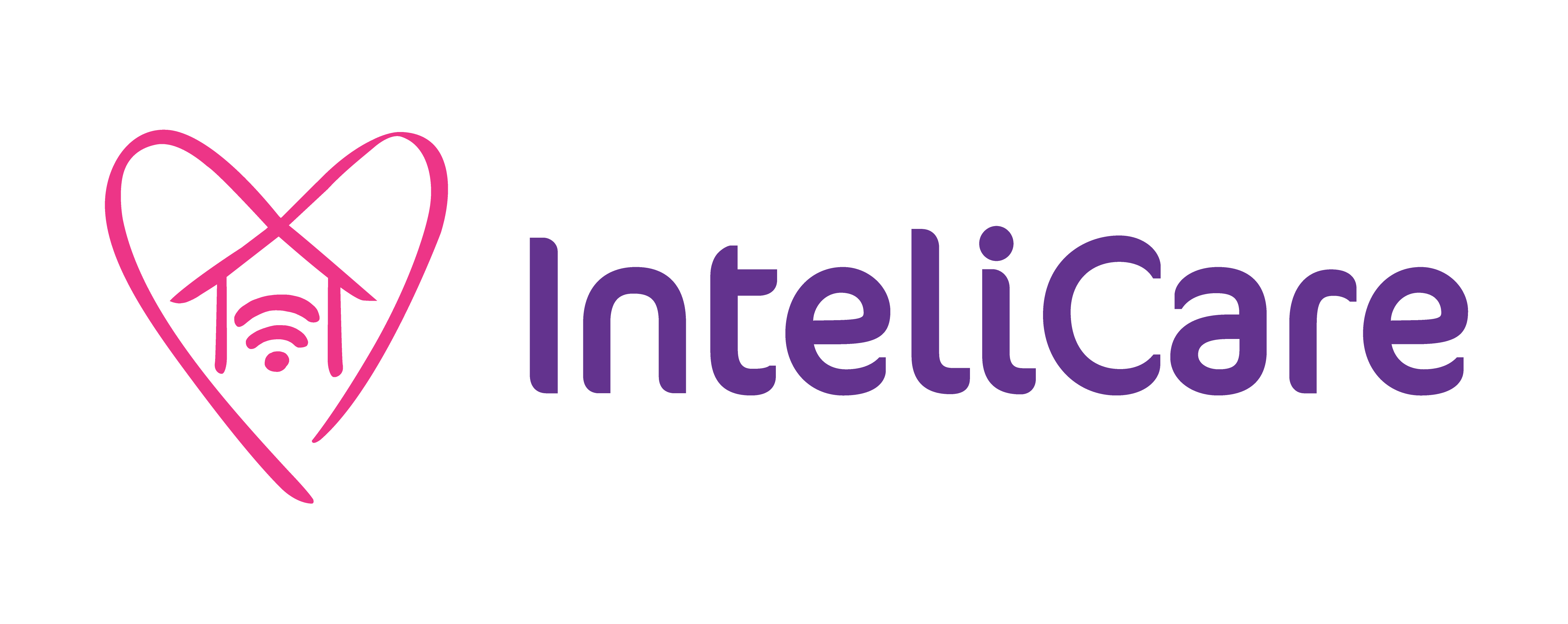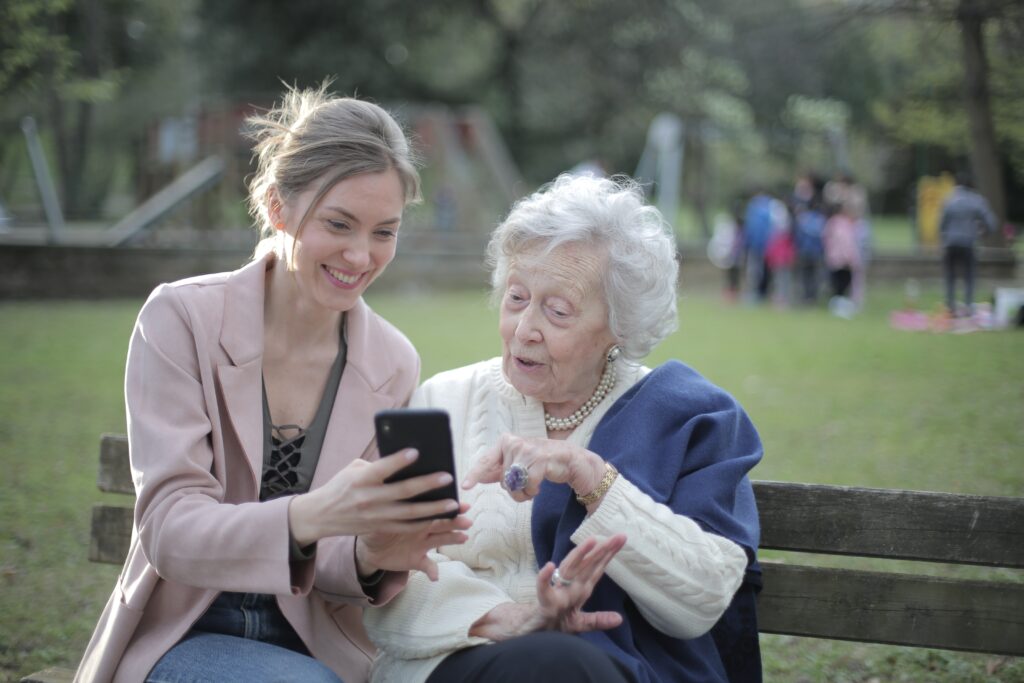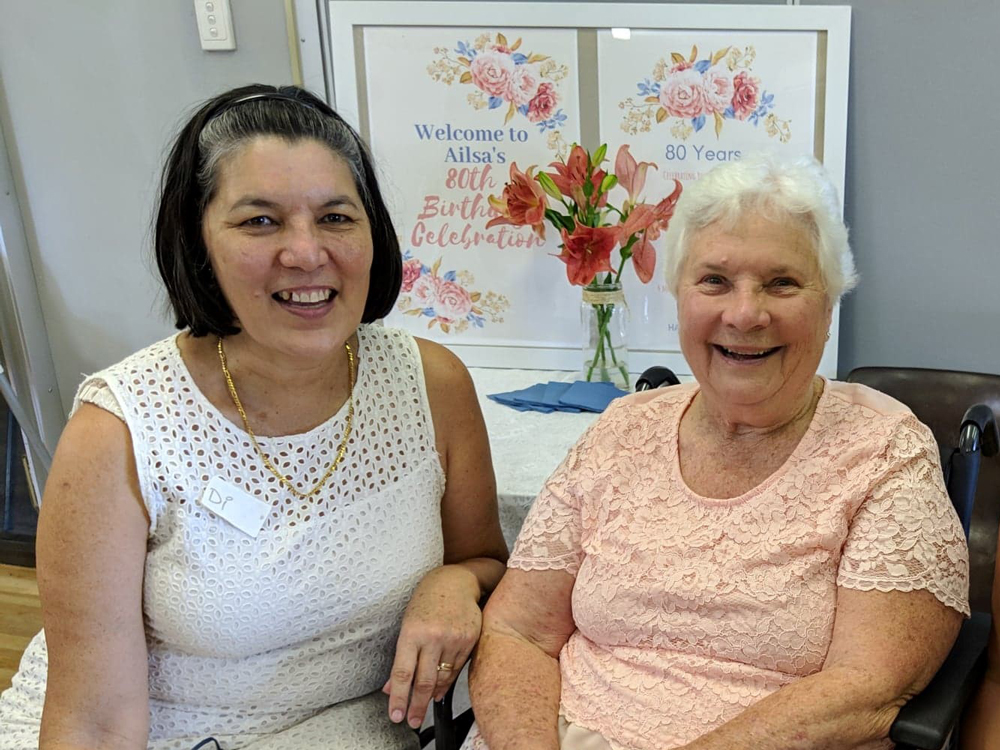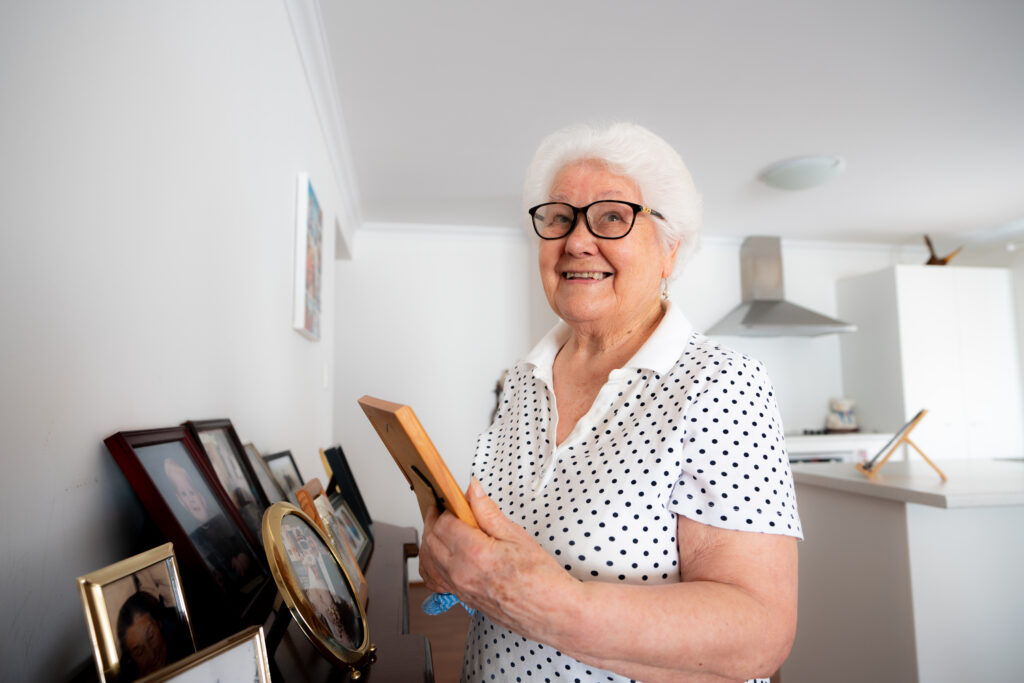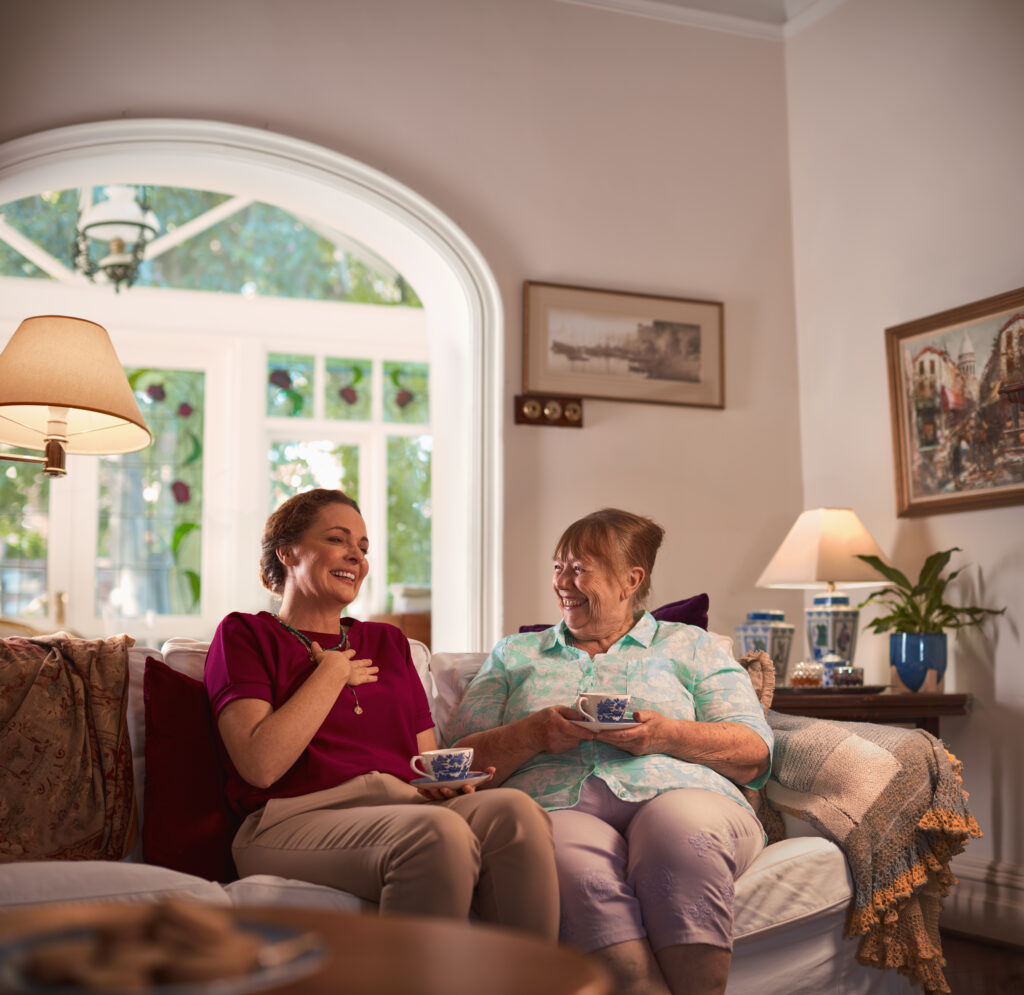Australians do 42 million hours of unpaid care per week. [i]
This National Carers Week we recognise a million reasons to care, in representation of the millions of hours that are spent caring for others.
Carers are now turning to technology to discover innovative ways they can support those in need, without the extensive drain on their time.
Discover how technology helps you worry less and care more.
What is a carer?
Anyone can be a carer, you might be one without realising it.
Carers Australia recognise carers as “a family member or friend who provides unpaid care and support for someone that has a disability, chronic condition, terminal illness, is frail aged, has a mental health illness, or alcohol or other drug related issue.”
There are 2.65 million recognised carers in Australia. However, it’s likely the true number is much higher as many don’t realise the support they provide their family and friends is categorised as caregiving.
Carers are an important part of Australia’s health system and are the foundation of our aged, disability, palliative and community care systems.[ii]
If you provide support with a variety of daily activities including dressing, showering, arranging medical appointments, and managing medications, then you are a carer.
The same goes if you monitor and manage someone’s mental health. This includes tasks such as ensuring they are eating and sleeping regularly, to preventing social isolation and mental health issues.
You might be a carer and and need support yourself. So what should you be considering?
What is unpaid care?
As the name suggests, unpaid care is any caregiving that is taken part in without financial payment. If you aren’t an unpaid carer now, it is likely you will be one in the future for a parent, grandparent, spouse, or even a neighbour.
This is because Australia is facing a caregiving crisis. The demand for paid caregivers outweighs the supply. Our aging population (5.4 million Australians will be over 65 by 2030) will put more pressure on these already limited resources.
Unpaid carers will have to bridge the gap created by the caregiving crisis. This is often at the expense of their time, plus their physical and emotional wellbeing.
While often a rewarding role, carers are at increased risk of mental and physical health problems. These include stress, depression and sleep issues. Carers can also experience poor health outcomes with increased morbidity and mortality.[iii]
As a carer you may also face financial implications, such as missing days of paid work and regularly traveling to help your family members.
It’s not a surprise that the growing need for unpaid carers, combined with the risks associated with the role, has led to technology stepping in help to care for the carers.
How can technology help carers?
Smart Home Devices – Alexa and Google Home
Now elderly and disabled people can turn their houses into smart homes by interconnecting their smart devices. Using AI features on Alexa or Google Home, residents can use voice commands to turn on the lights, adjust the temperature, turn on security settings and even play their favourite song.
These functions give independence, while lessoning some of carer’s responsibilities.
Video calls
Facetime, Zoom, Skype and more. Video calls and conferencing tools are useful for more than connecting workforces during the pandemic.
Carers can use the software to visually check in on their family members as they socialise with them remotely. This provides insights into their current wellbeing, without needing to travel.
While elderly relatives may not be confident in making the jump to video calls, there are many guides to help them on their journey. Try this handy how-to Facetime guide for seniors.
InteliCare
InteliCare’s smart home technology provides help for carers by reducing their unpaid hours.
Designed to give peace of mind and improve quality of life for those living independently at home (and their carers) InteliCare places camera-free smart sensors around a residence.
This smart technology learns the resident’s routine and lets you, their carer, know if something is out of the ordinary.

You can also get daily app updates which show the status of meal preparation, movement in the house social outings, house temperature and more. This can reduce the stress and workload of carers who would otherwise need to physically or verbally check in to ensure their loved one is ok.
Carers using InteliCare’s technology have even reported that their relationships have improved and they’re less worried. That sounds like a win-win to us.
What’s next?
To find out how InteliCare’s smart home technology can help you worry less and care more contact InteliCare’s consultants.
To learn how you can participate in National Carers Week follow this link to visit the website.
For additional support, resources and help for carers follow this link to the Carers Australia website.
Sources
[i] Carers Australia. 2021, About National Carers Week, 10.10.21,<carersweek.com.au>
[ii] Carers Australia. 2021, Who Is A Carer, 11.10.21, <carersaustralia.com.au>
[iii]J. Oyebode. Advances in Psychiatric Treatment: Assessment of carers’ psychological needs. Royal College of Psychiatrist, 2003.
